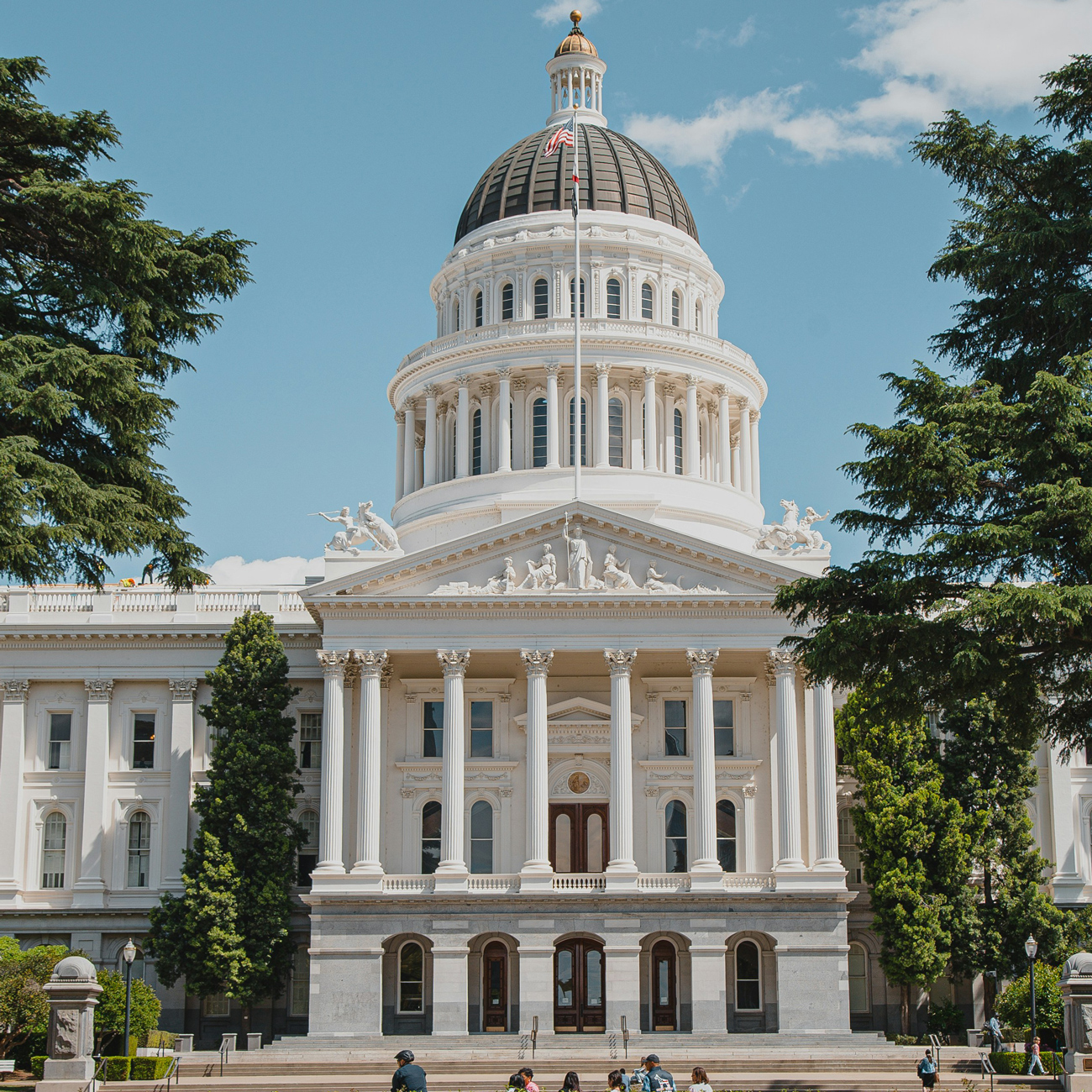
New Year, New Laws
Faculty experts from different corners of Cal Poly share how some of California’s new regulations could change technology and media in the Golden State.
Several new California regulations are taking effect in 2024 in the realms of media, technology, and more. Experts from different corners of Cal Poly share how the new laws could change life the Golden State.
 TECHNOLOGY and CONSUMER GOODS
TECHNOLOGY and CONSUMER GOODS
THE GIST: SB 244, known as the “Right to Repair” law, requires many tech manufacturers to provide tools, parts and documents that consumers or repair shops need to service or repair devices. There are exceptions for agricultural equipment. It takes effect in July 2024.
Analysis by Hyeonik Song, assistant professor in the Mechanical Engineering Department

Professor Hyeonik Song
There are several changes and opportunities that can emerge with the Right to Repair movement. First, products will be designed in a way that improves compatibility of spares. Second, consumers can be given more information about the product to consider when making their product choice. For example, since 2021 in France, it became mandatory to provide repairability indexes that indicate how easily a device can be repaired for electronics. iFixit, which is based in San Luis Obispo, provides both repairability and durability scores for various products, which consumers can use to make their product choice. Third, third party repair becomes easier. Repaircafe.org provides a list of more than 1400 repair cafes worldwide. This number can increase, and shops can be more accessible for users.
From an engineering standpoint, this change can impact product design significantly, encouraging designers to focus on repair-friendly features and enhanced accessibility. Engineers may find it necessary to reassess certain design elements that hurt repairability, including glued parts, proprietary screws, and non-generic components. The growing emphasis on universal charging ports, exemplified by the EU mandate for USB-C, might compel engineers to embrace standardized technologies, thereby streamlining the repair process. Although the fundamental skills anticipated from engineers remain constant, sustainability design thinking could emerge as a crucial asset in future.
The momentum for the circular economy is not limited to the U.S. but extends worldwide. California currently houses major consumer electronics companies and therefore holds a crucial role in this context. As these companies actively embrace the repair movement, other companies worldwide could be motivated to follow the trend.
 MEDIA
MEDIA
THE GIST: AB 587 requires social media companies to disclose how they handle hate speech and misinformation on their platforms in their terms of service and report its policies and data on terms of service violations to California’s attorney general. Violating the law could result in a civil penalty of up to $15,000 per day.
Analysis by Kim Bisheff, assistant professor of media innovation in the Journalism Department

Assistant professor Kim Bisheff
I’m skeptical that any legislation can force tech companies to act against their own interests. The businesses that facilitate the spread of false and polarizing information are incentivized to do so because inflammatory content drives traffic. Users engage with posts that trigger strong negative emotions, so there is no market incentive for moderation. Lies travel faster than facts, so there is no market incentive for verification. You may have seen that Elon Musk is suing California over this bill. I’d expect more of that.
I’m much more optimistic about AB 873, which was signed into law in October and will require media literacy education in grades K-12. My hope is that students will soon have the tools they need to interact with digital information responsibly. As consumers become more empowered to take control of their media interactions, demand will (hopefully) increase for fact-based information. California isn’t the first state to do this, but I think it’s the largest.
Consumers are feeling overwhelmed by the volume of information that’s available to us now — they don’t know who or what to trust. They are reporting high levels of news fatigue, and they are moving away from traditional sources of news. What’s left is the passive consumption of the “news” in their social feeds, which are designed to prioritize content that triggers strong feelings, not nuanced comprehension. It worries me that this is our starting point for learning about candidates and issues in 2024.
I appreciate legislators’ efforts to create a better information ecosystem for their constituents, but ultimately, it’s up to us consumers to take control of our own media habits. The News Literacy Project has been developing free educational materials around this goal for years. There’s never been a better time to learn these skills.


